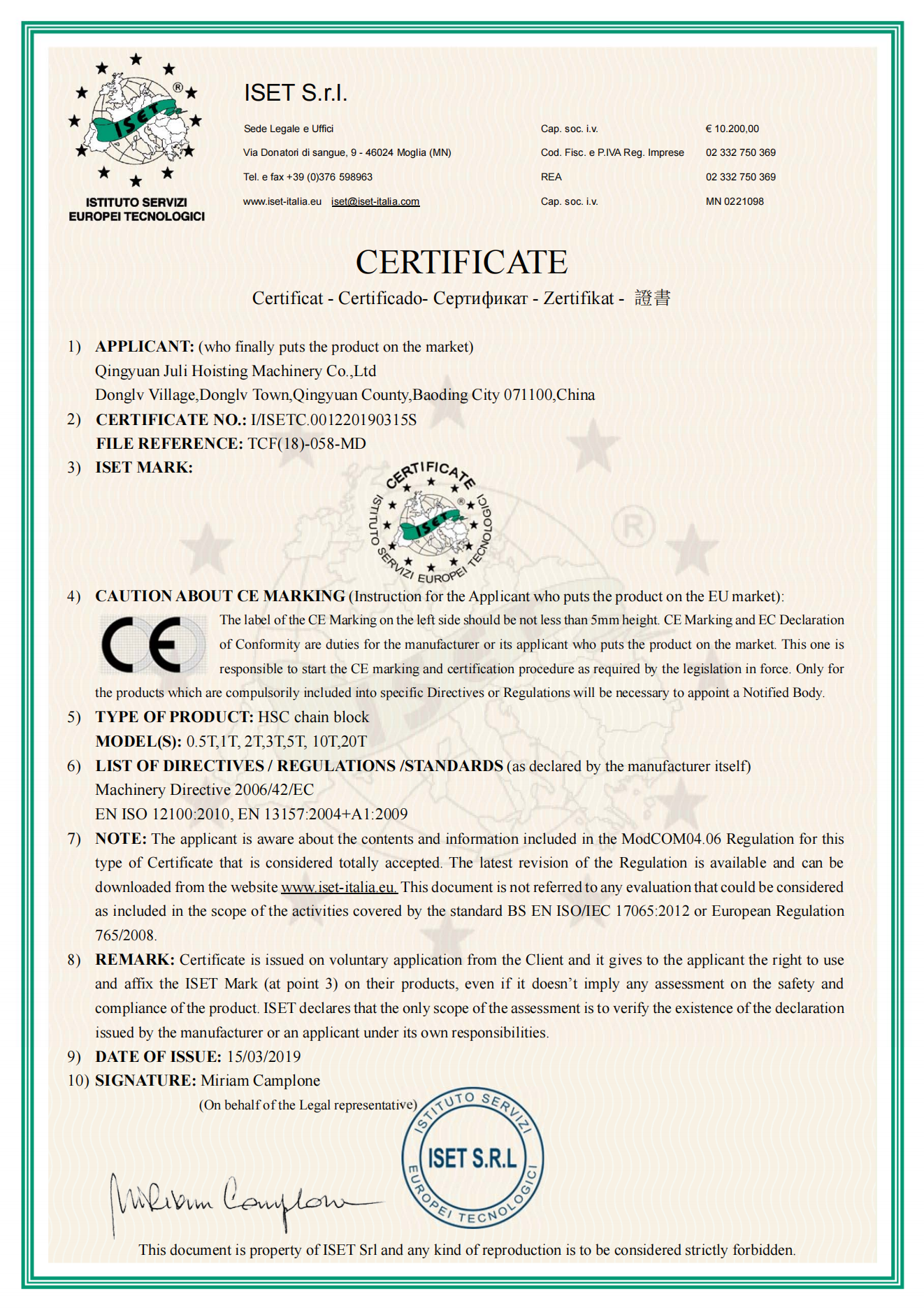


The Advantages of Lithium Pallet Trucks
In the ever-evolving landscape of warehouse and logistics management, efficiency and sustainability are becoming increasingly critical. One of the most transformative innovations in this field is the lithium pallet truck. These vehicles are redefining the way goods are handled in warehouses, retail environments, and distribution centers.
Lithium pallet trucks stand out primarily due to their advanced power source. Unlike traditional pallet trucks powered by lead-acid batteries, which require regular maintenance and lengthy recharging times, lithium-powered models offer remarkable performance advantages. A key feature of lithium-ion technology is its rapid charging capability. These trucks can often be recharged to full capacity in under two hours, allowing them to be utilized throughout the day with minimal downtime. This not only increases productivity but also ensures that operations can continue smoothly without prolonged pauses for charging.
Another significant benefit of lithium pallet trucks is their reduced weight and compact size. This design feature enables operators to maneuver them easily in tight spaces, enhancing overall efficiency in crowded warehouses. The lightweight nature of lithium batteries also contributes to lower energy consumption, which translates to cost savings and less environmental impact. As businesses become more conscious of their carbon footprints, adopting lithium technology aligns well with sustainability goals.

Lithium pallet trucks also feature a longer lifespan than their lead-acid counterparts. Typically, lithium batteries last up to five times longer, helping businesses reduce the frequency of replacements and lowering overall operational costs. Additionally, the performance of lithium batteries remains consistent even as they age, ensuring that the truck delivers reliable power and efficiency throughout its operational life.
Moreover, many lithium pallet trucks come equipped with sophisticated technology, including integrated management systems that provide real-time data on battery health, charge status, and fleet management analytics. This data-driven approach allows warehouse managers to optimize their operations, monitor performance metrics, and make informed decisions regarding resource allocation.
In conclusion, lithium pallet trucks represent a significant advancement in material handling technology. Their rapid charging capabilities, lightweight design, extended lifespan, and integration of smart technologies make them a smart investment for businesses looking to enhance efficiency and sustainability. As companies continue to seek ways to improve their logistics processes, the adoption of lithium pallet trucks is likely to become increasingly prevalent in the industry.



